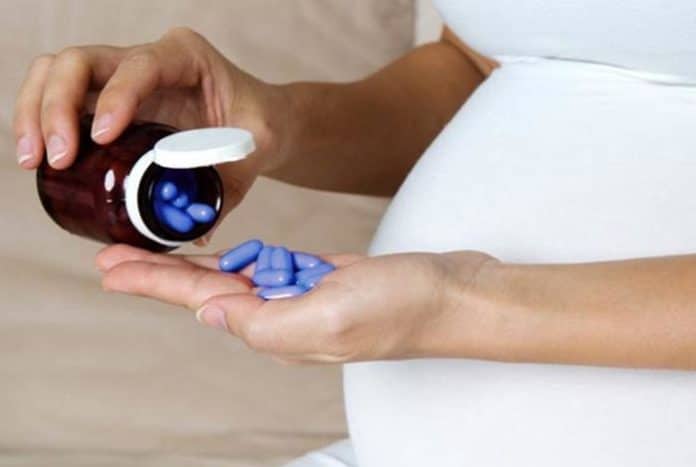
According to a recent research, children who were subjected to or received antidepressants while still in the mother’s womb scored more on tests related to mental abilities at a young age of 12.
In the research, 51 kids were examined and out of those, the ones, whose mothers took antidepressants while they were pregnant, did better on tests related to executive function as compared to the kids, who were not exposed to antidepressants in the prenatal stage.
Executive function is nothing, but the skills and ability to get things done. This involves attention and focus, flexible thinking and self-control.
The study examined whether kids, who were exposed to antidepressants, particularly selective serotonin reuptake inhibitors (SSRIs), are distinct from the rest of kids with no prenatal antidepressant exposure.
The most commonly prescribed antidepressants are selective serotonin reuptake inhibitor (SSRIs) and these include drugs like Prozac, Zoloft and Paxil.
In opposition to the current study, some studies claim that when expecting mothers take antidepressants during pregnancy, their children have greater likelihood of developing psychiatric conditions like attention deficit hyperactivity disorder and autism. However, some studies have not found any such link.
Dr. James Murrough, director of anxiety and mood disorders program in New York City, emphasizes that the relation between SSRIs and mental development of children needs to be thoroughly studied.
Depression, these days, is pretty common. More common than we all think. And, it’s particularly common in women, especially during their child-bearing years. It is a major public health concern.
It is not easy to ignore the effects of SSRIs on the mental development of the child. There are many factors closely associated with the cognitive abilities of a 12-year-old kid. Genes play a significant role and so do environmental factors. Mother’s depression is a huge contributor.
Thus, the results of this study are positive but experts say that the study is too small to derive strong conclusions. Researchers agree to this fact.
During this study, children performed cognitive tasks associated with executive function. It was found that those, who were exposed to SSRIs in the womb, did significantly better on the tests as against their counterparts.
Researcher, Sarah Hutchison said that these scores on highly structured tests have got nothing to do with their mental abilities and skills in day-to-day activities.
Now, the researchers are studying a larger group, comprising around 120 children. Additionally, they are taking feedback from the parents to understand the thinking skills of the participants. The lead researcher of the study presented the results in a meeting in Toronto. However, the study would be deemed preliminary at scientific conventions until the results get published in a peer reviewed journal.
Dr. Tim Oberlander, a senior study researcher, said that around 15-20% of the women face mood disorders during pregnancy. He added that it is important to see how these women and their children fared on tests and this is quite complicated and critical.
This is because the development of brain is quite a complex process. Oberlander further opines that there is no simple cause-and-effect relationship between exposure to antidepressants in the prenatal stage and long-term outcomes in the children. Also, there is no mention of whether SSRIs are safe for pregnant ladies or not.
The choice of how a woman should go about treating her depression is personal. Hence, women must discuss out options with their doctors or health care providers. They should be supported by their doctors and family members in their fight with this debilitating condition. Reducing stress, doing exercises regularly, and getting appropriate amount of sleep are all equally important.
However, depression during pregnancy cannot be left untreated. It must be treated – whether this entails taking antidepressants, going for a talk therapy or adopting other means of treatment. Untreated depression can pose more risk for children as well as their mothers.
When pregnant women are depressed, neither they are able to take care of themselves and nor they are capable of creating strong bonds with their babies. Depression is also associated with preterm delivery and low weight at birth.
If a woman is on antidepressants and during this course, if she becomes pregnant, then she must speak to her health care provider for any adjustments in the therapy. If they are already on antidepressants, they should not discontinue its use on their own free will.









